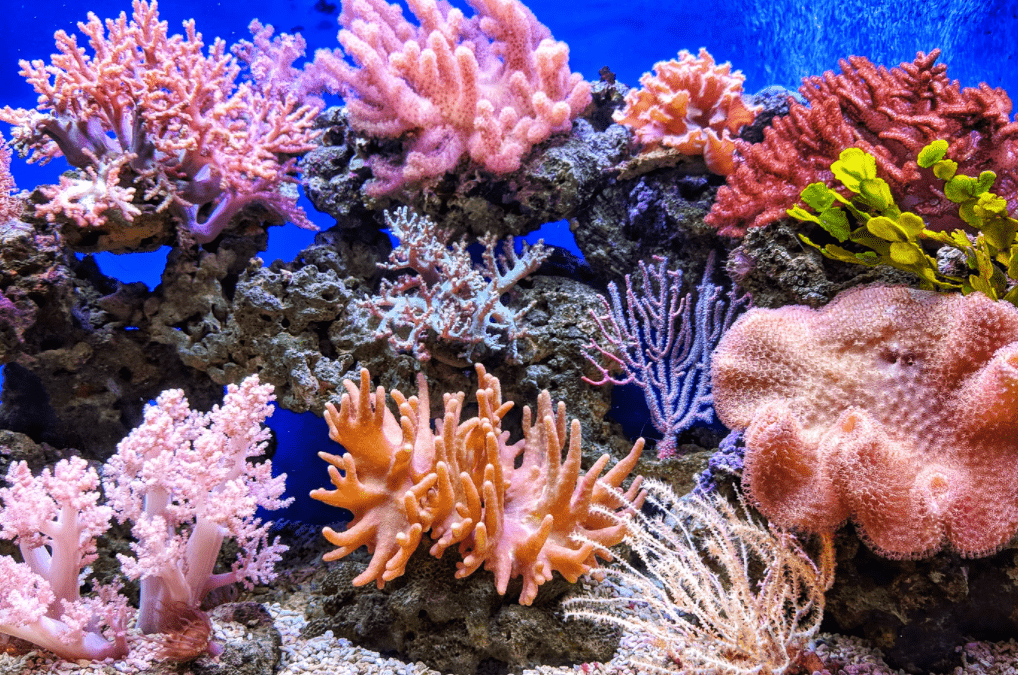Traveling is one of life’s experiences that make us feel most alive. Visiting a new landscape or culture is one of the most invigorating things we can do as humans, but it can also lead to some lasting negative effects left behind by negligent tourists. One of the areas most impacted by travelers is the ocean’s coral reefs.
Although the coral reefs are attractive for various reasons, mass tourism has threatened and endangered these vibrant species, especially through careless practices such as stepping on the reefs with fins, boat anchors and even fishing.
Nature is here for our enjoyment, but as long as we remain careless, these natural wonders will continue to deplete until they are nonexistent for future generations. We have the responsibility to travel sustainably in order to protect these areas of natural beauty and the species that rely on them.
The following tips can help you do your part to protect the coral reefs on your next trip:
- Use Reef-Safe Products: Certain areas, such as Hawaii, have taken a stand against the adverse effects of tourism, such as banning certain sunscreens and products that are harmful to their coral reefs. Whether it is required by a state/country or not, you can do your part by ensuring you are only using reef-safe products in the ocean. This can even apply to the swimsuit or wetsuit you are wearing.
- Don’t Touch Marine Life: As soon as tourists dive underwater and are exposed to the beautiful scenery and marine life, many believe it is their right to reach out and touch these species. However, this is very harmful to this marine environment and has led to endangered species, as we have seen be the case with sea turtles. Even though it may seem harmless, you actually disrupt their lives and change their behavior, leading to shortened life spans.
- Do Not Go Fishing: Although it is a favorite pastime of many, overfishing has led to some detrimental effects on marine life and the climate in general. As exposed in Netlfix’s documentary Seaspiracy, mass fishing and fish consumption has led to numerous environmental issues, much more so than using plastic straws creates. You can help do your part by abstaining from fishing so that marine life can continue to thrive for years to come.
There is nothing inherently wrong with wanting to travel and experience coral reefs for yourself. But it is important to note that we all have the potential to harm these species, and we must do our part to reverse the negative effects of other tourists.
